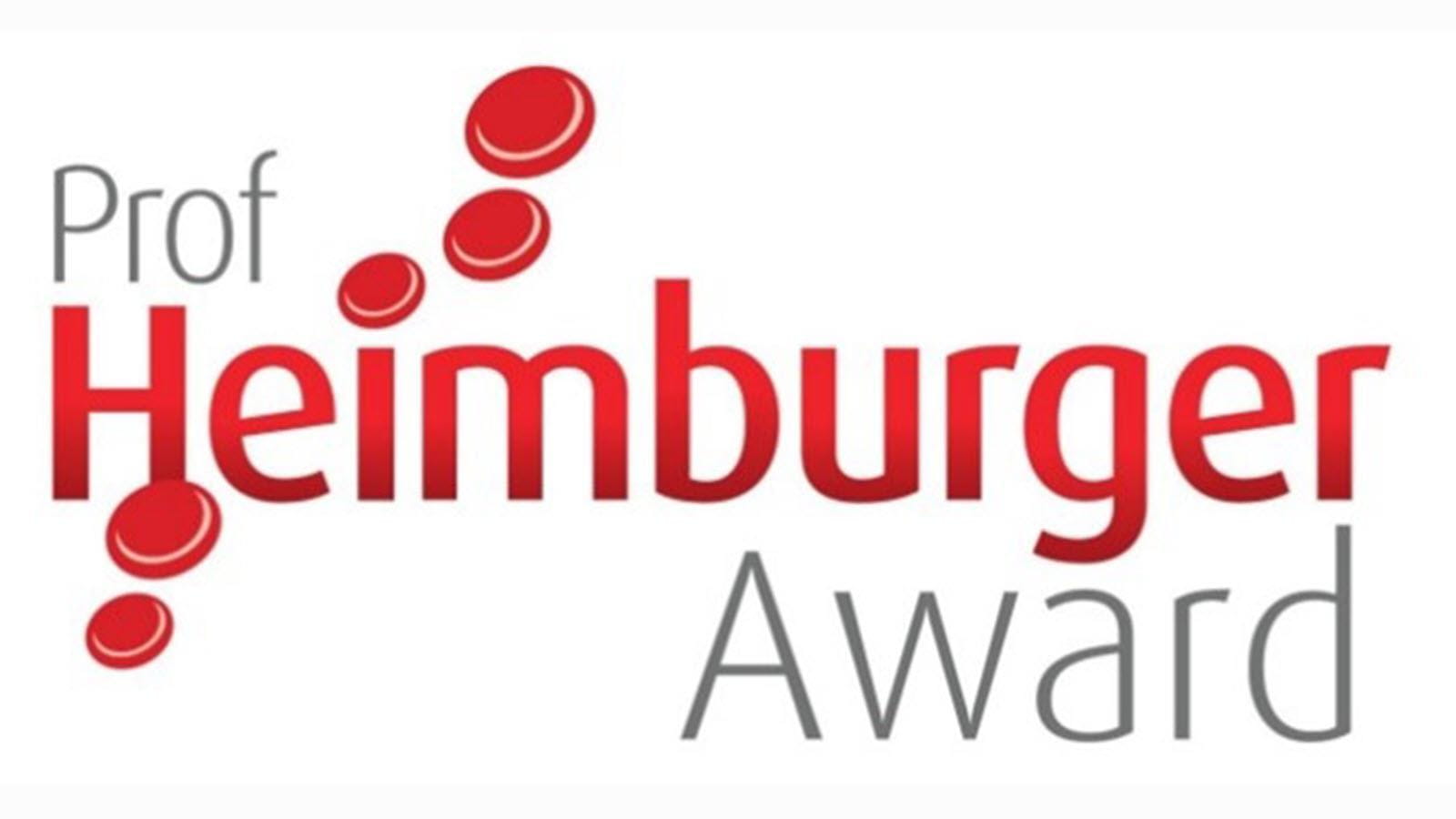Over the last 18 years, CSL’s Heimburger Award program has funded research conducted by more than 80 emerging coagulation specialists. Who will be next?
The award was named in honor of Professor Norbert Heimburger, a pioneer in coagulation, which is the process of how blood clots. Heimburger worked for 30+ years at CSL Behring, a business unit of CSL, which develops and manufactures medicines for rare diseases, including bleeding disorders. Conditions such as hemophilia and von Willebrand Disease are coagulation disorders because, in both, a person’s blood does not clot as it should, which can lead to bleeding episodes.
If you’re a coagulation scientist, follow the tips below to increase your chances of being considered for a 2024 Heimburger Award:
Ensure you are eligible:The awards are reserved for researchers who hold a medical degree or a Ph.D.; applicants with less than five years post-doctoral research experience or clinical practice experience will be prioritized.
The awards are available for clinical and preclinical research in inherited bleeding disorders and acquired bleeding disorders. Multiple applications for different research proposals by the same applicant in the current award cycle will not be considered, and matching funds are not a prerequisite for this award.
Demonstrate passion and purpose: CSL Behring is committed to supporting the next generation of coagulation specialists. Think unconventionally. Draft an innovative and creative proposal that pushes the boundaries of research within inherited and acquired bleeding disorders, expands our knowledge and helps provide the best possible care to patients. Showcase your experience, expertise, and passion with a well curated and documented CV that supports your proposal.
Be inspired by innovation: For inspiration, register on the Heimburger Awards interactive platform to learn more about the award and the researchers who won in past years. For example, 2023 recipient Olga Oleshko, of Hannover Biomedical Research School in Germany is investigating immune complexes and bleeding in acquired hemophilia A.
Have a clear and defined research focus: Proposals stand out when they have a clear research objective that demonstrates how your project will address knowledge gaps. Clearly articulate your hypothesis, objectives, methods, and predicted outcomes in your one-page research proposal. Make sure your proposal is detailed and reflects how the €25,000 award would be utilized in terms of time and resources.
Remember that proposals take patience: Take the time to craft a compelling research proposal that is well-thought out and structured. Proofread and fine-tune your proposal to avoid mistakes. Check for grammatical, language and spelling errors. Refer to the application requirements and eligibility criteria to ensure all documentation is accurate and complete prior to submission.
Following round one, successful applicants will be asked to submit a more detailed research proposal in December 2023. Winners will be announced in February 2024.
If local compliance policies prevent applications via the website, applications can also be submitted via email to Heimburger.Award@cslbehring.com, along with a one-page research proposal and a short CV.



